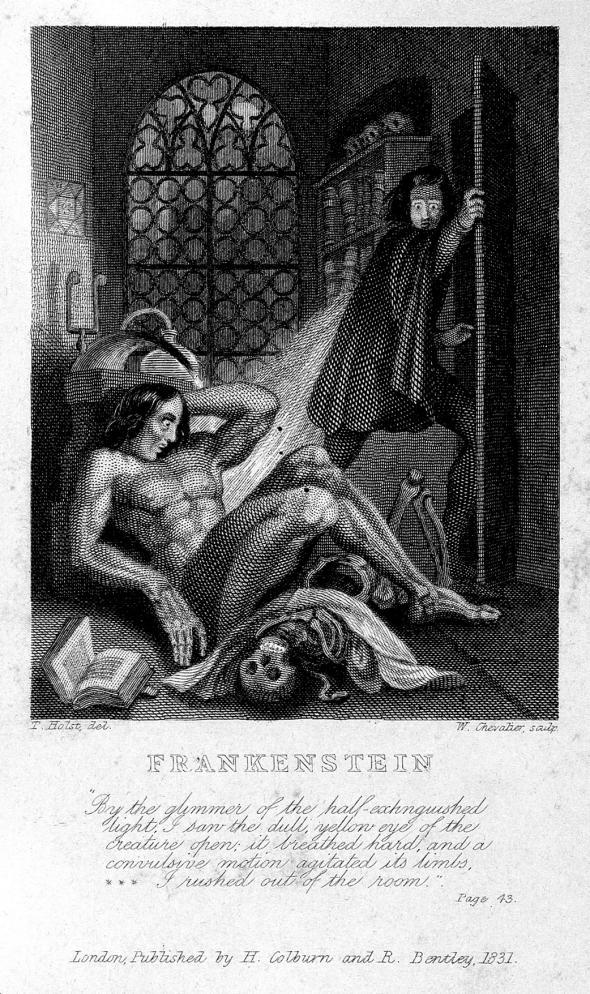Michelle Goldberg watched Donald Trump’s Wednesday-morning speech about Hillary Clinton and found it full of long-debunked lies about her record. It was also, probably, upsettingly effective. “Like all skillful demagoguery,” Goldberg writes, “Trump’s speech on Wednesday interwove truth and falsehood into a plausible-seeming picture meant to reinforce listeners’ underlying beliefs.”
Meanwhile, Dahlia Lithwick writes about the “good guy with a gun” fantasy that Trump spun out on Friday, in the wake of the Orlando shootings—a flight of fancy that left the NRA hustling to disavow the candidate’s words. “Occasionally when Donald Trump misspeaks, he accidentally points the way to a larger truth,” Lithwick writes, “a kind of Kinsley gaffe born less of momentary confusion than of accidentally taking a really bad argument to its inevitable conclusion.”
“David Petraeus” (remember him?) “is back,” declares Fred Kaplan. Writing op-eds and giving speeches, the former general is speaking out against torture and Islamophobia and endorsing some gun control measures. “In short, and to the disturbance of some conservatives who might have thought he was on their side, Petraeus has been sounding a lot like a Democrat,” Kaplan writes.
Millennials are much less likely than their elders to see a driver’s license as a passport to freedom, so they may be the right market for self-driving cars, Brad Allenby writes. “The shift to on-demand, autonomous personal transportation as a service, rather than vehicles as owned artifacts, that generational change will enable, could happen relatively quickly—perhaps in less than a decade as purchasing power shifts from the boomer to the millennial generation,” Allenby observes. “And when it does, it will play havoc with existing business models.”
Mary Shelley’s Frankenstein is a novel of climate change, conceived during a terrifyingly dreary summer, writes Kent Linthicum, revisiting some other recorded reactions to the crop-killing rain and cold of 1816. “How have people in different times and places reacted to a dynamic, deadly world?” Linthicum muses. “Reading arcane and previously lost documents, like stories chronicling the summer of 1816, gives us the opportunity to understand the complex nature of our world.”
For fun: Take a break from watching footage of the Block for the 2,378th time to see Portugal’s Cristiano Ronaldo score two effortless goals against Hungary in the European Championship.
What even happened there?
Rebecca
